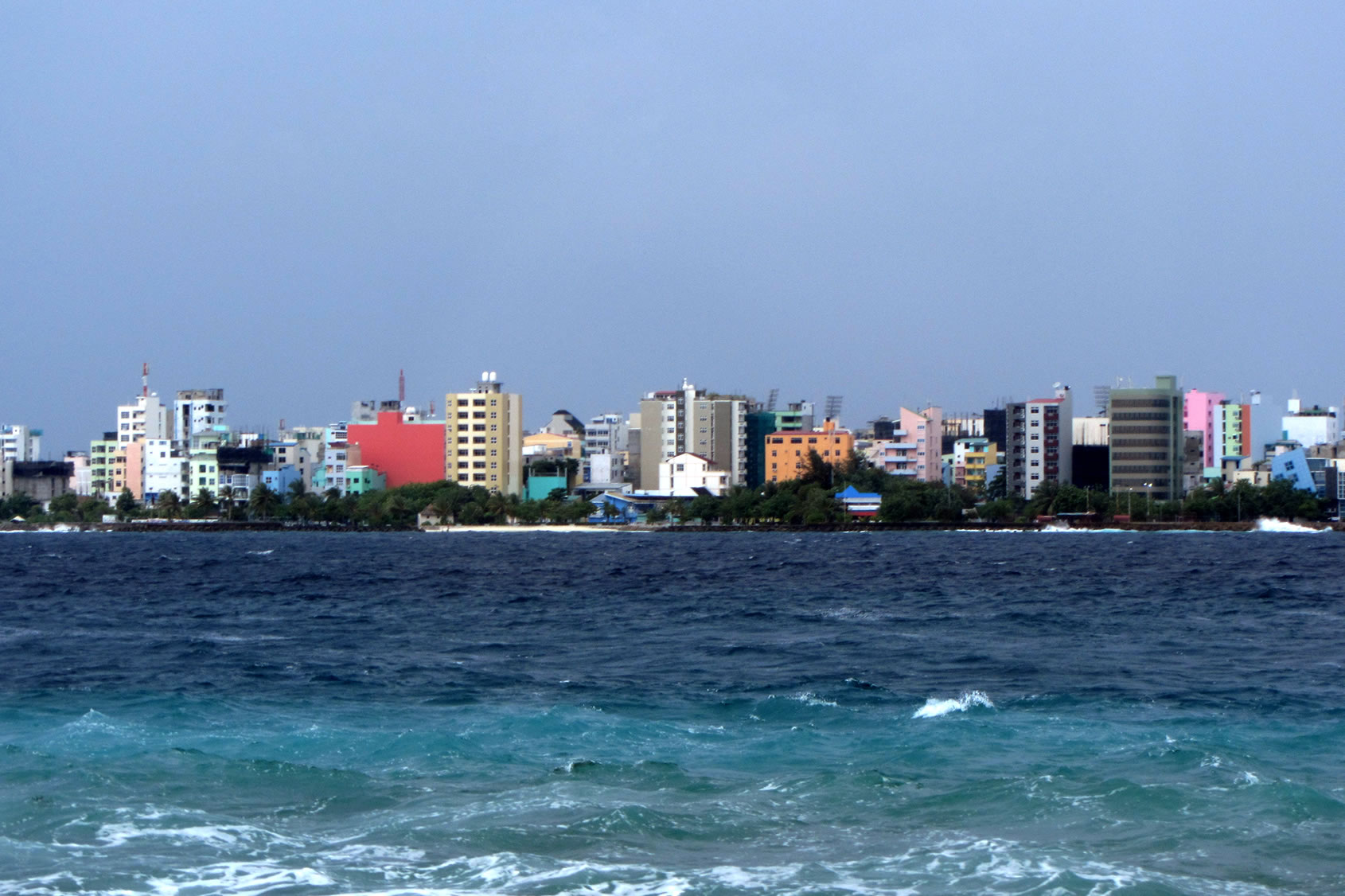In November 2016 we reported on controversial defamation penalties introduced in the Maldives. Now, the realities of these measures are starting to come to light.
Since the 2012 coup d’état, the Maldives has experienced a significant decline in press and media freedom, after a period of substantial gains between 2008 and 2010.
This decline of 60 places to 112/181 in the latest RSF world press freedom rankings has been compounded by growing police brutality towards journalists and government obstruction towards media outlets. In the past year alone the country has witnessed the closure of critical news websites, restrictions on foreign journalists and the introduction of strict defamation laws allowing regulators to shutter broadcasters and other media as well as revoke their licences.
The defamation law is particularly concerning. Based on sweeping and vague terminology the act criminalises speech and content on four grounds; “if found to be either defamatory or anti-Islamic, or for breaches of social norms or national security.” As reported in November, the law also requires live broadcasts to be stopped if any content is deemed to be slanderous without offering any details as to what constitutes such content.
The power to impose the defamation law has been given to regulator MBC (Maldives Broadcasting Commission), which requires a fine to be paid in full before any appeal can be placed against it.
The fines issued as part of the defamation law are substantial and out of reach of most media organisations and journalists in the country. Indeed, concerns are that these fines and vague terminology will undoubtedly intimidate and lead to self-censorship amongst reporters hoping to avoid lawsuits.
Last week saw one the first defamation fines imposed upon a broadcaster. According to the Maldives Independent, opposition aligned Raajje TV was fined US$13,000, while a journalist was fined US$3,200.
As a result, the station has been forced to set-up a defamation fund through fear of being unable to pay the fines, which could result in jail time and the closure of the station. Several collection boxes have also been set up across the archipelago and outside the broadcaster’s headquarters in Malé with the hope of gaining public support against the fines.
Speaking to the Maldives Independent, the station’s development manager Simana Ismail, said: “We are a stand-alone station. We run with the help of sponsors. After expenses, we do not have much and not nearly enough to pay the fines. So we needed some extra help”.
The defamation law is certainly severe but it is only the latest in a series of steps taken to reduce press freedom and weaken the functioning of democracy in the Maldives. Of particular note is the 2015 Public Service Media Act, which allowed the government to take control of the then public broadcaster.
Related Posts
17th November 2016
Controversial defamation penalties revealed in the Maldives
Freedom of expression and media…
